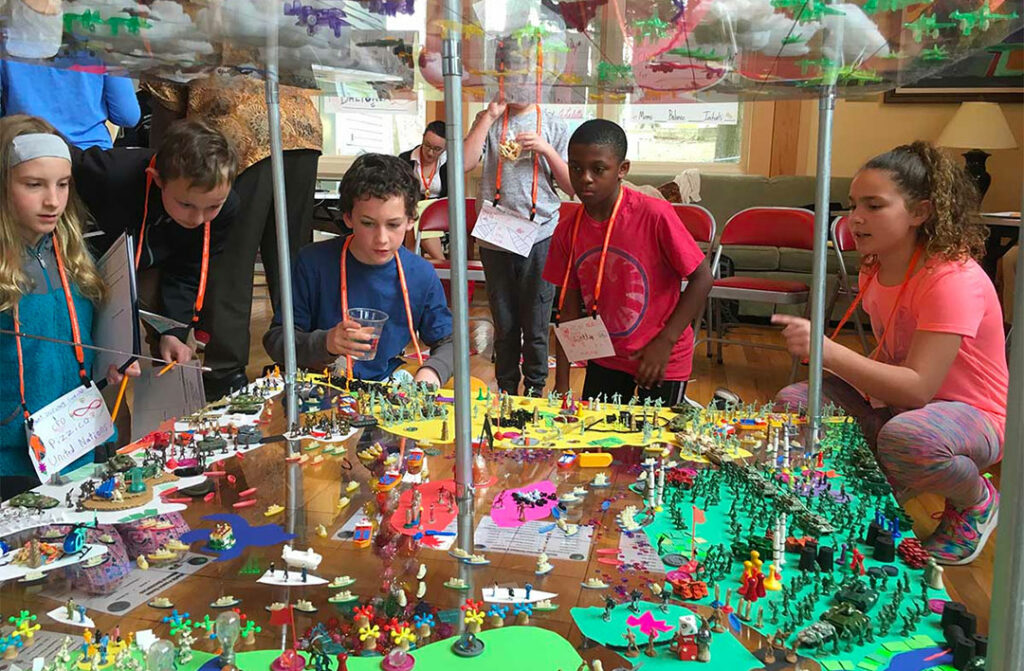The issue of education being able to create conditions for peaceful attitudes in young people is on the agenda of Governments, educators and communities. Although good practices, good-willing thematic networks and institutional programmes exist at local, national and international levels, not enough is done to connect these initiatives and to develop a more structured, systemic approach to what actually works well, in which situation and why. There are some projects, supportet by the European Union, I’d like to share here:
– CITIZED: It addresses four categories of target groups: policy makers and other stakeholders participating in the policy making process at the different institutional levels, teachers’ training organisations, school teachers and schools as organisations. The project started in December 2020 and will last until November 2023.
The innovative approach is based on three main aspects:
1) Integration of existing elements and development of “missing elements” that will facilitate policy implementation.
2) Process innovation by bringing the issue of teachers training for democratic citizenship competences in a multi-stakeholder transnational debate involving policy makers, teacher training institutions, teachers and families and reviewing international good practices in view of its potential transferability;
3) Co-creation of innovative instruments and approaches to contextualise existing models.
– PEACE GAMES: The Peace Games consortium aims to contribute to the development of citizenship, democratic and social competences by using the full potential of creativity through game-based learning in formal and informal learning. Creativity stands at the core of this project as it is considered both as a way to acquire civic and social key competences, and as a competence to acquire and develop in itself via the use and the development of “self-made” games oriented toward Peace Education. Co-founded by the Erasmus+ Programme, Peace Games aims at diffusing these competences in learners and at helping teachers to make good educational use of games. This is organised through the identification, assessment and support to the use of relevant games (online or in face-to-face) oriented to civic competences, intercultural communication and conflict transformation already existing and provide guidelines and advices for the development of new “self-made” games relevant for particular contexts.

– PERFECT: The Project has the ambition to propose and experiment a holistic method to develop key transversal competences (cultural awareness and expression, citizenship, multilingual, digital, entrepreneurship, personal, social and learning) through a transnational experience of developing a cultural product (a piece of theatre, a musical, an exhibition including students’ performance, a multimedia work, etc.) including historic research, literature and art history, music, performing arts and digital skills. Teachers of different disciplines will concur to the design and development of these projects/products involving two classes in each partner school. Therefore, the core set of activities will be implemented within, around and between the partner schools with the methodological and management support of the other partners (European Networks like FREREF, OBESSU, IPA, the IIHL with its hosted Education Inspiring Peace Lab, the Ministry of Education of Malta).
Source: http://eiplab.eu/